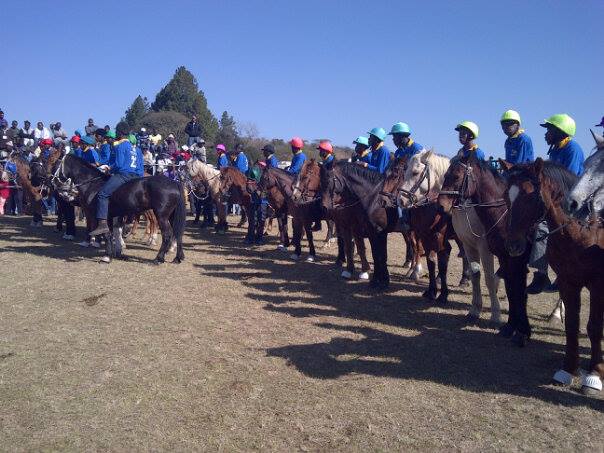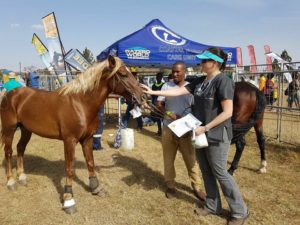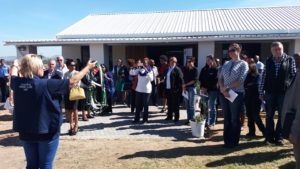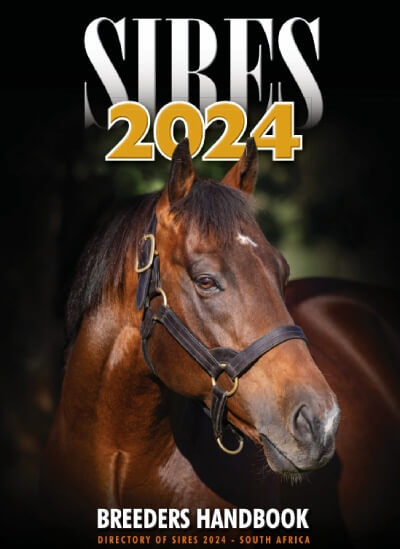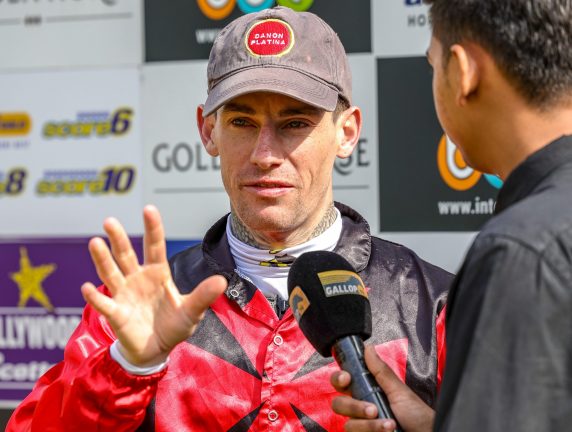The Umtelebhelo Rural Horse Racing Event is scheduled for Saturday, 30 September 2017.
The event is being organised by the Willowfontein Rural Horse Racing Club and and will be held at Scottsville Racecourse. Although the races will be run as trotting, pacing or trippling races, the event is not run by Trotting SA, but falls under the auspices of the Rural Traditional Horseracing Association (who are also responsible for events such as the Dundee July and Christmas Cup). Competitors will feature rural riders and horses who have a ‘day job’ herding cattle or sheep, providing transport or carrying loads.
Traditional sport
Rural racing is an entrenched part of the culture of rural South Africa, and is growing in popularity as an organised sport. However, it is a developing discipline without the benefits of formal training facilities, race tracks or established regulatory systems. Enter the Coastal Horse Care Unit, headed up by Gill Olmesdahl.
Coastal Horse Care Unit
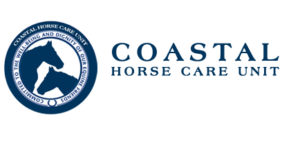 The Coastal Horse Care Unit (CHCU) is part of the national Horse Care Unit group and is a non profit organisation based in Cato Ridge. They run an equine rescue and rehabilitation facility incorporating a Donkey Sanctuary and their mission is to address Equine Welfare across all disciplines from a neutral stance. It was from this perspective that they became involved with the Rural Traditional Horse Racing Association from 2009, when they first attended the Dundee July in an observation capacity.
The Coastal Horse Care Unit (CHCU) is part of the national Horse Care Unit group and is a non profit organisation based in Cato Ridge. They run an equine rescue and rehabilitation facility incorporating a Donkey Sanctuary and their mission is to address Equine Welfare across all disciplines from a neutral stance. It was from this perspective that they became involved with the Rural Traditional Horse Racing Association from 2009, when they first attended the Dundee July in an observation capacity.
Gill admits there was a lot of room for improvement at their first visit to rural racing in 2009, but says, “Whether one agrees with it or not, the fact is rural racing is here to stay. As one can’t stop it, the next option is to educate and to help where necessary. While we do not encourage or promote it, we have been able to work ourselves into a position where we are able to oversee the welfare aspect and ensure basic minimum standards are enforced. That means a better situation for the horses, and the owners too.”
Visible Improvement
The rural community have been very welcoming and receptive to input from a welfare perspective, so much so that 7 years down the line, she is proud of the improvements that have been effected. “It’s very different to what one would expect from formal racing and formal equestrian competition, but I always say don’t knock something until you’ve seen it for yourself. Nothing is ever 100% perfect, but things improve every year and we are proud of the progress we’ve made.”
Umtelebhelo
Rural horse racing is called Umtelebhelo in Nguni and this weekend’s Umtelebhelo Rural Horse Racing Event is the inaugural running of this event. Horses, riders and supporters are gathering from across KZN, Mpumalanga, the Eastern Cape and the Free State and they are expecting between 100-150 horses. Competitors will congregate at a central point in Howick on Friday night and New Turf Carriers will be transporting all the competitors to Scottsville and back on Saturday.
The Coastal Horse Care Unit will be on hand to check that minimum welfare standards are met for the horses, both in Howick as well as on race day and Gold Circle will be ensuring that riders are equipped with adequate safety gear. Proceedings will open at 9am with a welcome speech with eight races of various divisions to be held throughout the day, with the last race is scheduled for 3pm.
Empowerment Through Education
Gill says being invited to add value from a welfare capacity serves as an excellent platform from which to improve the general standard by educating participants about horse care and assisting them to reach and maintain the CHCU’s minimum standards, both on and off the race track. To achieve this goal, the CHCU has established the Emahhashini Training Centre where they will be able to provide formal training to horse owners. Candidates will be trained in basic horse care as well as making saddles, bridles, farriery and wound care. “This is not only a skill transfer initiative by our charity, we also hope to facilitate them in setting up businesses to service rural horses in their communities,” explains Gill. “As rural horse owners currently have no access to basic requirements, we hope to provide our trainees with the skills to open their own businesses, running horse ‘spaza shops’ in the rural areas to sell feed, dewormers, tack etc.”
Rural Racing vs Bush Racing
When discussing rural racing, Gill feels it is important to make a distinction between rural racing and what is referred to in the general media as ‘bush racing.’ “There are various forms of bush racing, which might vary between geographic locations, and these are conducted as a speed or galloping contest,” says Gill. “Bush racing is unregulated, unmonitored racing, often using Thoroughbreds that are sourced cheaply or illicitly. It is this aspect and the fact that Thoroughbreds do not cope in a rural environment, that means the CHCU does not condone or support bush racing in any form.”
Gill explains that Thoroughbreds are not as robust or resourceful as their ‘less well bred’ counterparts and are therefore prone to suffering in less than ideal circumstances. With limited resources in terms of commercial feed, tack and medical care, horses need to be hardy enough to exist on whatever seasonal grazing is available, resilient enough to cope with the tack to which their owner has access and hardy enough to withstand the rigours of climate and workload and still stay sound and healthy.
Given the same care, a rural horse will thrive, or at the very least be able to survive, while a thin coated Thoroughbred with its delicate constitution is likely to decline steadily. A minor cut or scrape that will happily heal itself on a rural horse, will not be as easily processed by a Thoroughbred and without the necessary skills, or access to the required medical care, rural owners are ill-equipped and ill-experienced to deal with these challenges. As a result, Thoroughbreds are not able to cope under these conditions. At least not for very long. Not wanting to dwell on the negative, Gill stresses the need for Thoroughbred owners to be aware and vigilant as to where their horses go when they leave racing.
However, the good news is that through dedicated time, effort and outreach work, Gill and her team have successfully developed working relationships with rural horse owners and are proud of the standards they have been able to achieve through education and support. They have strongly discouraged the use of Thoroughbreds in the areas under their care, to the point where most people now opt for crossbreds. They are proud of the owners they work with and proud of the horses under their jurisdiction and promise that anyone brave enough to venture out to Scottsville is in for a very pleasant surprise.
Details
DATE: 30 September 2017
TIME: 09h00 – 16h00
VENUE: Scottsville Racecourse-Golden Horse Casino, Pietermaritzburg, KwaZulu-Natal province
Contact: Mbuyiselwa Mkhize – Email: [email protected] / Cell: (076) 052 5911
General entry is free / VIP ticket is R200
Tables of 10 are available for R5000


